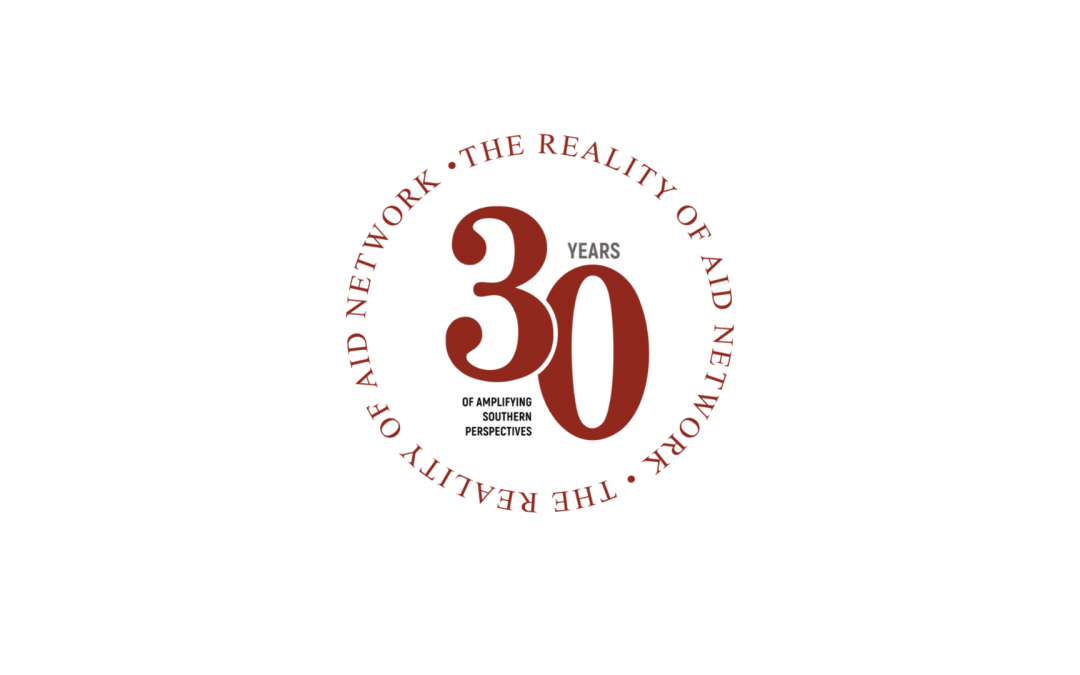In 1992, The Reality of Aid Network (RoA) was initiated as an aid monitoring project which revolved around the production of a Report that monitored donors’ performance from the lens of poverty reduction. The Network was formed to articulate concerns from the global South regarding systemic issues of aid quality. At the same time, it aimed to consolidate a broad North-South membership under Southern leadership, which is crucial in giving voice to the often neglected global South peoples.
With the network’s formal inception in 1993, it has been involved in various campaigns, and policy and advocacy spaces that tackle ever-shifting global phenomena such as changes in international and regional political landscapes, wars, economic collapses, geopolitical tensions, issues surrounding development and many others. These challenges demand social, political, and institutional changes in the present forms of development policies, funding modalities, and donor practices which are currently hindered by aid conditionalities and by geopolitical interests of powerful countries among others
Now that the world is at its most vulnerable once again due to COVID-19, conflicts, and the worsening climate crisis, it is imperative for the network and for civil society in general to stand our ground, push back, and assert our calls toward increased and quality financing for rights-based, people-centered development initiatives that will truly serve the needs of the global South. It needs to be strongly reiterated that delivering quality aid is part of donors countries’ historical responsibility to provide reparations to the world’s marginalized.
With the theme, “30 Years of Amplifying Southern Voices”, our same grit from 1993 will propel the network in continuing its mandate to forge solidarity among the world’s marginalized and put their voices at the forefront of policy arenas. The Reality of Aid Network will persist in calling for people-centered and rights-based development by producing various knowledge products, meaningfully engaging with CSOs and other development actors, and demanding for policy recommendations and alternatives that are rooted in people’s realities and will genuinely address their pressing needs.
The network’s 30th year signifies new challenges as the world also faces compounded crises. Nevertheless, the past 30 years have also shown that the network has been able to confront these challenges headstrong. With the guidance of our members and the solidarities built throughout our three-decade existence, the network will continue to take on the duty to forward Southern perspectives in different policy arenas. And in the next years to come, even stronger efforts from our ranks will hopefully propel us towards an equitable delivery of aid and effective development cooperation that will contribute to social transformation.

